POMEGRANATE: Fruit For Stronger Muscles?
The pomegranate is a unique fruit that originates from the Middle East and the Mediterranean region. These fruits grow on low trees with spiky and long branches. The inside of the fruit is filled with many smaller seeds surrounded by a reddish, juicy shell that has a distinctive slightly sour taste.
Pomegranates are mostly used fresh, they can be used to make juice, vinegar, and oil from the seeds.
Since ancient times, pomegranates have been considered a symbol of health, fertility, and “eternal life”. Apart from the excellent taste and freshness, these autumn fruits offer us an imposing nutritional composition, enabling a series of beneficial actions for health.
Impressive nutritional value
Pomegranates are rich in numerous beneficial compounds that we talked about in past articles, today we will look at a potent phytochemical that shows promising effects through new studies. Namely, it is about uroliths.
Urolitin is a natural compound derived from ellagitannins, which are found in foods such as berries, walnuts, and other fruits and nuts, but above all, urolithin is found in the largest quantities in pomegranates.
When such foods are consumed, ellagitannins are converted by the intestinal microflora (or beneficial bacteria in the gut) into urolithins, including Urolitin A and Urolitin B.
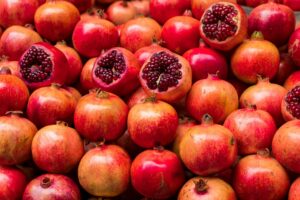
An important phytochemical for health
Urolitin B is gaining attention for its potential health benefits, particularly in terms of muscle health, anti-inflammatory effects, and antioxidant properties.
Multiple studies suggest that it may aid in muscle growth and repair, and it has also been investigated for possible effects in terms of slowing aging and supporting the prevention of age-related decline in muscle tissue.
It has also shown promising results in certain studies, i.e. neuroprotective properties, indicating possible benefits for brain health.
However, most studies on Urolitin B have been conducted in vitro (in cell cultures) or in animal models, so more clinical research in humans is needed to confirm its effects and the safety of supplementation.
Here are three more important reasons why pomegranates should be taken advantage of when they are in season and included more often in the diet, due to their unique nutritional value and specific phytochemicals:
-
Polyphenols (especially punicalagin)
Pomegranates are rich in polyphenols, including punicalagin—a powerful antioxidant that reduces oxidative damage in cells and protects tissues. Punicalagin exhibits anti-inflammatory and anti-cancer properties, which may help reduce the risk of chronic diseases.
-
Vitamin C and Vitamin K
Pomegranates are a good source of vitamin C, which strengthens immune function and helps synthesize collagen, which is important for skin and joint health. Vitamin K, also present in pomegranate, is essential for blood clotting and bone health.
-
Anthocyanins
Anthocyanins, which give pomegranates their vibrant red color, are antioxidants that can improve heart health. These compounds can lower blood pressure, improve blood vessel function, and reduce the risk of cardiovascular disease.
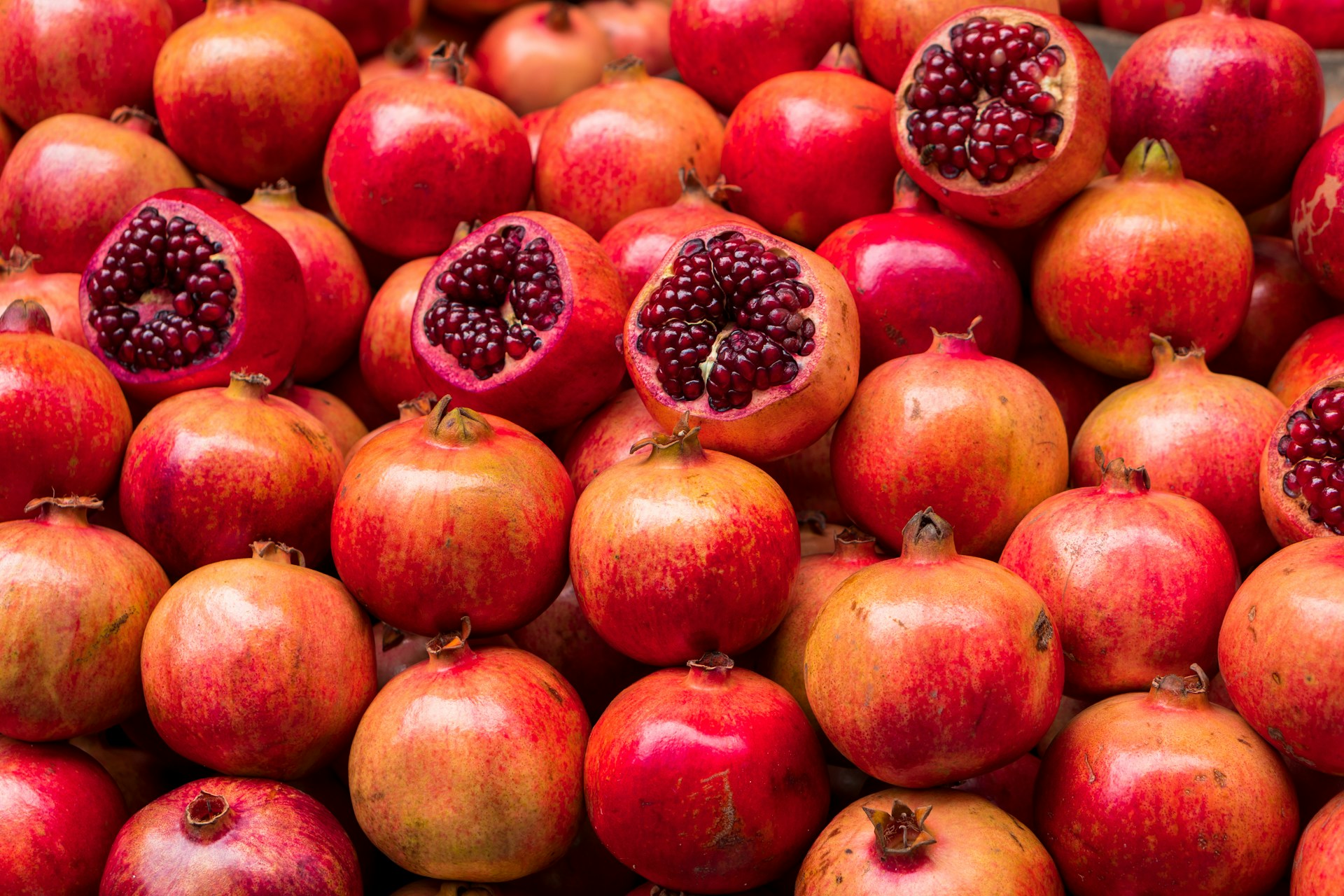
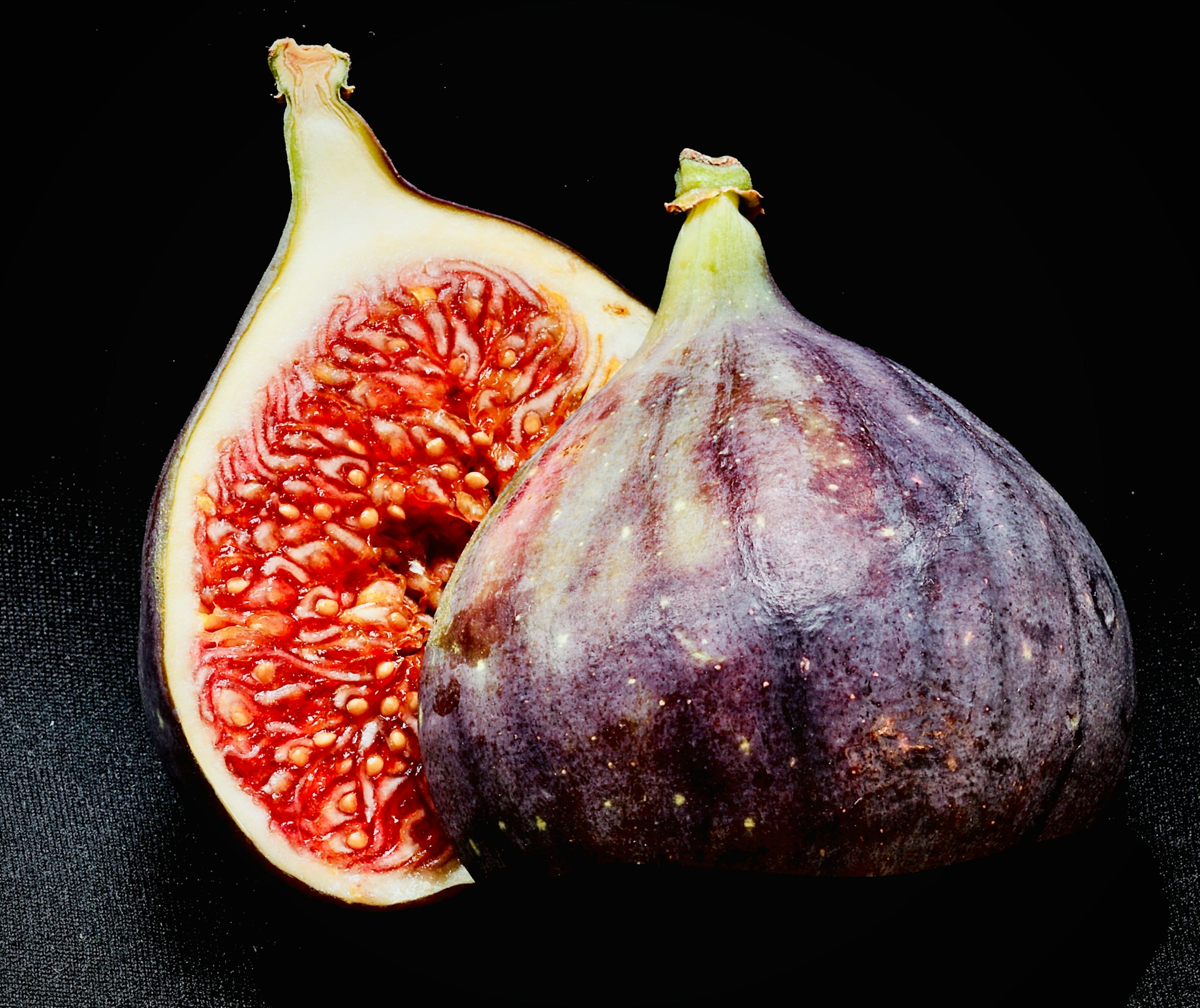
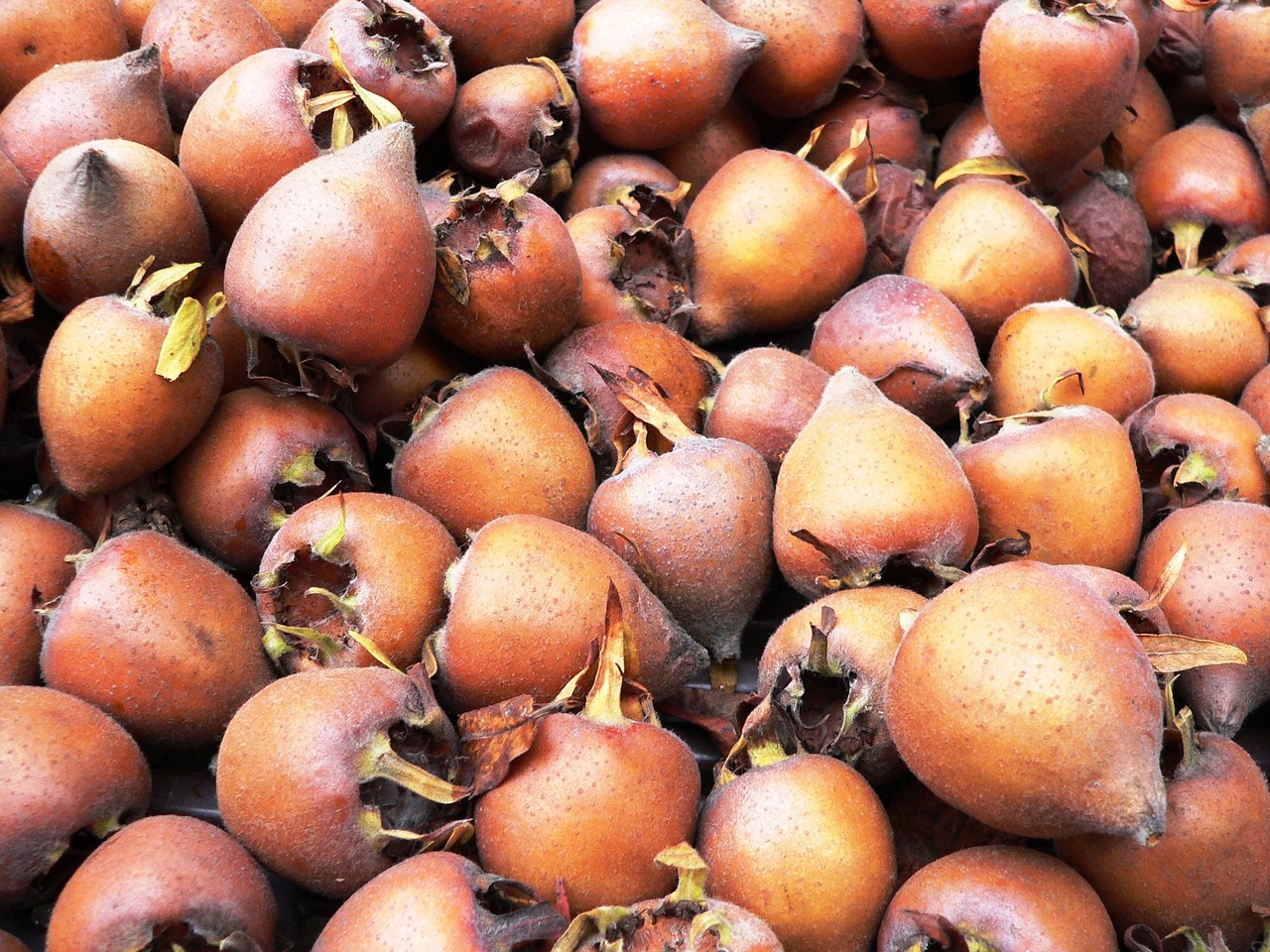
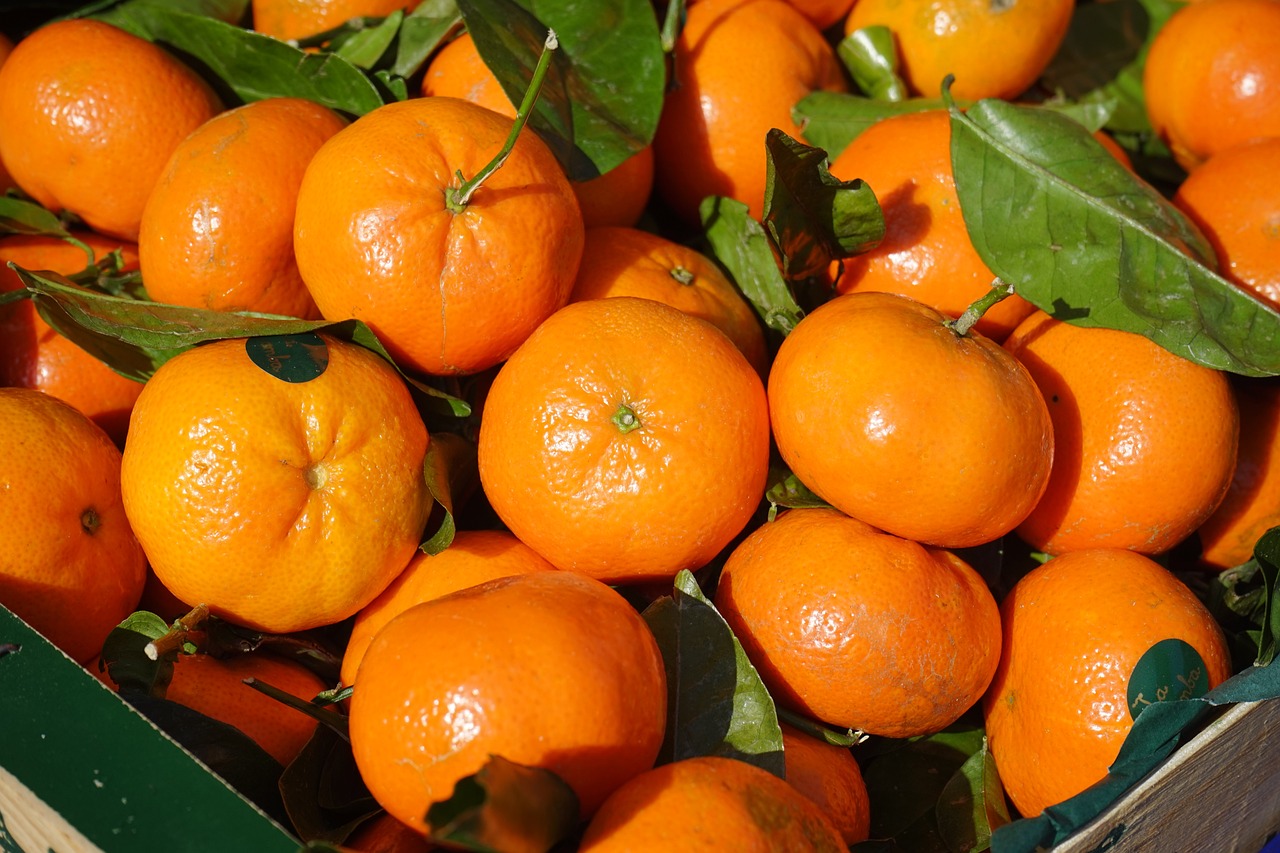










Post Comment